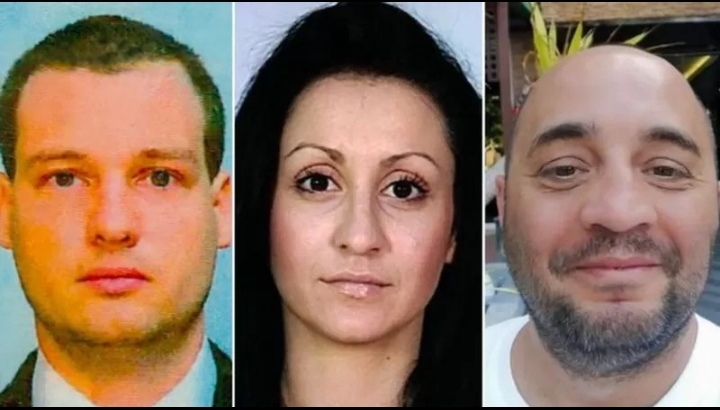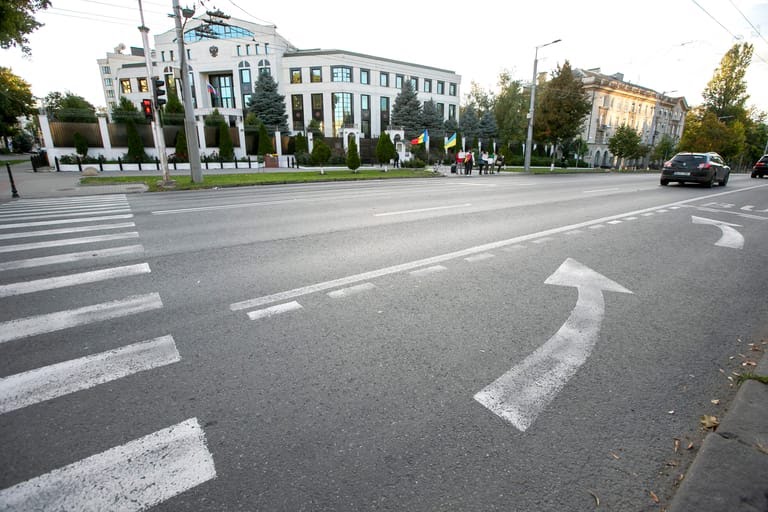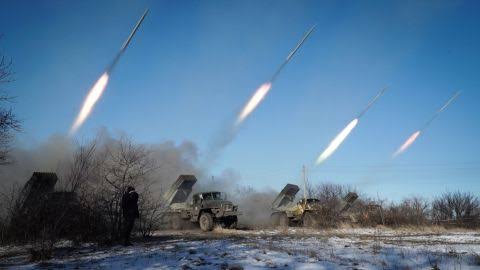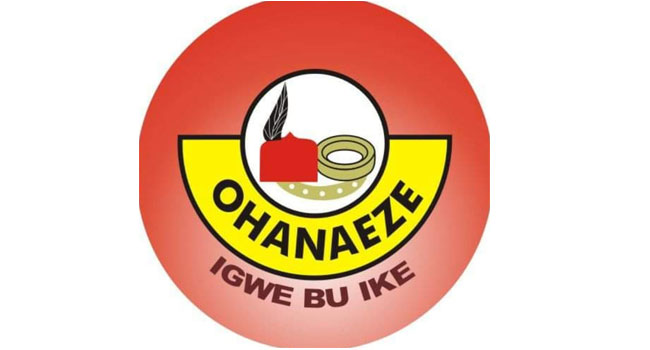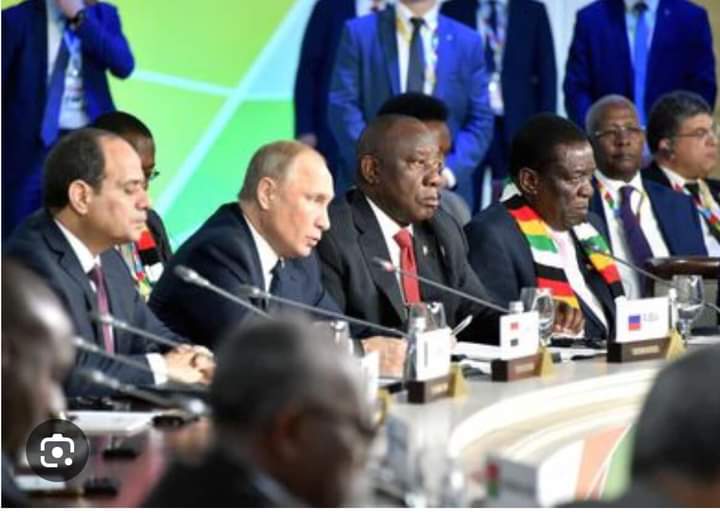The chief of Russian mercenary group, Wagner, Yevgeny Prigozhin, is believed to have been killed in a plane crash, Russian state media reported Wednesday.
The aircraft, a business jet, crashed in the Tver region northwest of Moscow, with all 10 people onboard killed, according to Russian authorities.
While Russian officials said that Prigozhin was on the passenger list, it was not immediately clear if he was in the aircraft
“An investigation of the Embraer plane crash that happened in the Tver Region this evening was initiated. According to the passenger list, first and last name of Yevgeny Prigozhin was included in this list,” Russia’s Federal Agency for Air Transport said in a statement.
The plane was flying from Sheremetyevo International Airport in Moscow to St. Petersburg, state news agency Tass reported, according to a Google translation.
The Russian Ministry of Emergency Services wrote on its Telegram account: “In the Tver region, near the village of Kuzhenkino, a private Embraer Legacy aircraft crashed while flying from Moscow to St. Petersburg. There were 10 people on board, including 3 crew members.”
“According to preliminary information, all on board were killed. EMERCOM of Russia is conducting search operations,” the post read, according to a Google translation.
The 62-year old paramilitary leader, once a close confidant of Russian President Vladimir Putin’s, led a short-lived mutiny against the Russian government in late June after spending months vocally criticizing his country’s top brass. His forces, known for their particularly violent battlefield tactics, spearheaded a number of battles for Russia on the Ukrainian front.
An apparent deal was made between Prigozhin and Putin after the aborted coup, which was meant to see the Wagner Group leader and his forces relocate to Belarus, with Prigozhin himself pledging to leave Russia for good. It is unclear why the aircraft he was listed as being on was near Moscow.


